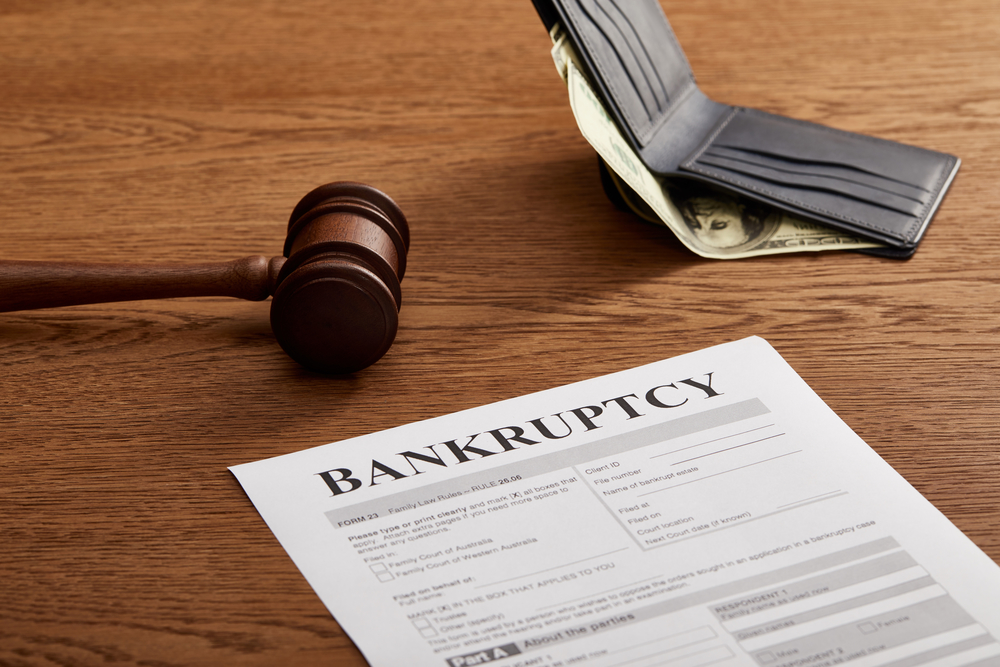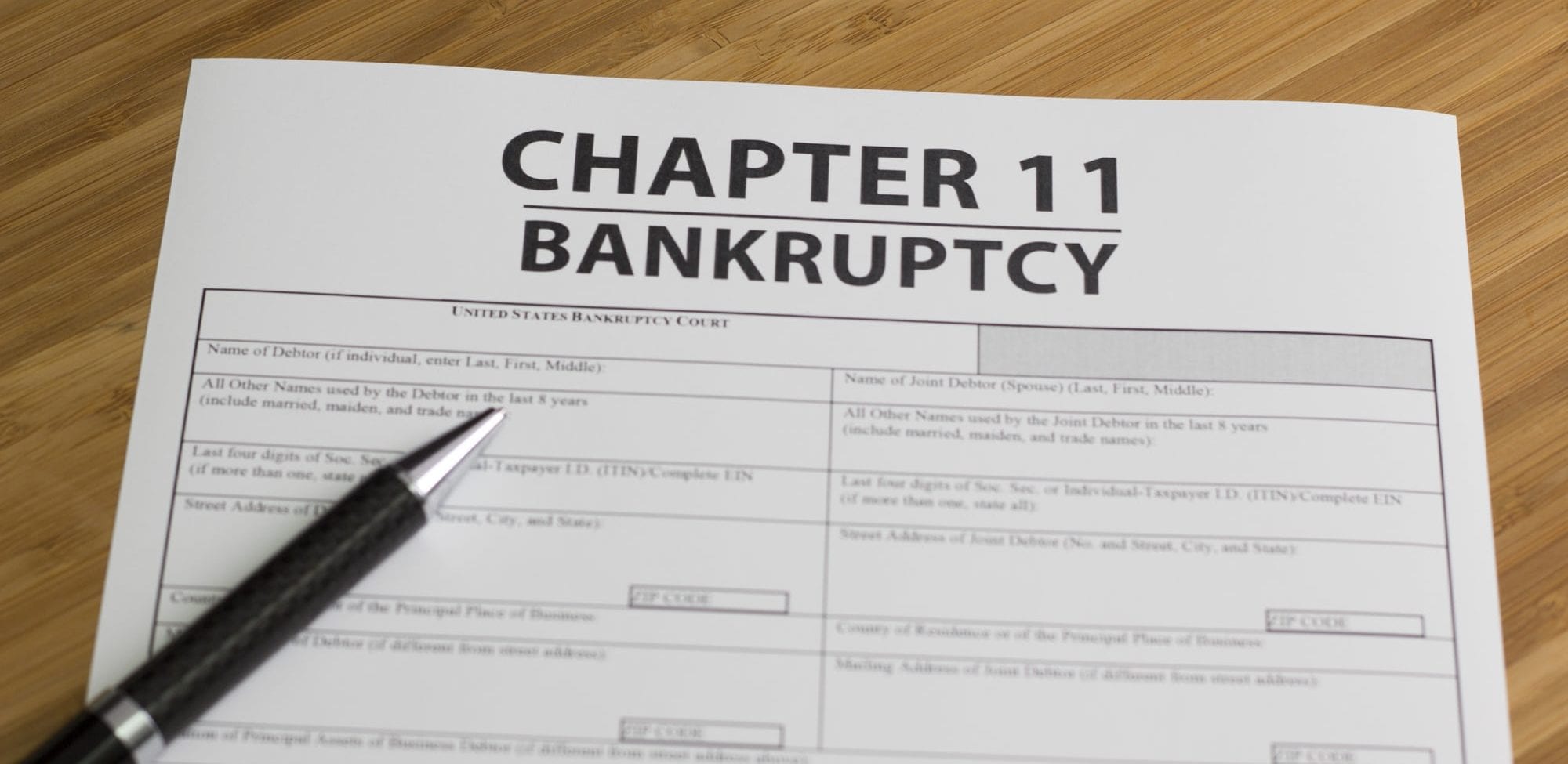Declaring bankruptcy is a significant financial decision that can have far-reaching consequences on your life. If you’re considering this option, it’s crucial to understand the process and its implications. In this article, we’ll explore what happens if you declare bankruptcy, covering key aspects, including the types of bankruptcy, its impact on your assets and credit, and frequently asked questions.
Types of Bankruptcy
Bankruptcy comes in several forms, each designed to address different financial situations:
Chapter 7 Bankruptcy: A Fresh Start Chapter 7 bankruptcy, often referred to as “liquidation bankruptcy,” involves the sale of non-exempt assets to repay creditors. However, many assets may be exempt, allowing you to retain essential property like your home, vehicle, and personal belongings. This type of bankruptcy typically discharges most unsecured debts, providing a fresh start.
Chapter 13 Bankruptcy: A Repayment Plan Chapter 13 bankruptcy is a reorganization bankruptcy. Instead of liquidating assets, you’ll work with a court-approved repayment plan, allowing you to pay off debts over three to five years. It’s suitable for individuals with a steady income who want to protect their assets while settling their obligations.
Bankruptcy’s Impact on Your Assets
When you declare bankruptcy, the fate of your assets largely depends on the type of bankruptcy you file:
Chapter 7: Liquidation In Chapter 7 bankruptcy, non-exempt assets may be sold to repay creditors. The court-appointed trustee will oversee the sale and distribution of the proceeds. However, exemptions protect essential assets, allowing you to maintain ownership and providing a fresh financial start.
Chapter 13: Asset Protection Under Chapter 13 bankruptcy, you won’t have to sell your assets. Instead, you’ll develop a court-approved repayment plan to settle your debts. This type of bankruptcy allows you to retain your property while working towards financial stability.
Bankruptcy and Your Credit Score
Bankruptcy has a profound impact on your credit score and financial history:
Credit Score Impact Bankruptcy can significantly lower your credit score. A Chapter 7 bankruptcy can stay on your credit report for ten years, while Chapter 13 typically remains for seven years. This makes it challenging to obtain credit or loans during this period.
Rebuilding Your Credit While bankruptcy can harm your credit, it’s not the end of your financial journey. You can start rebuilding your credit by establishing a solid payment history, using secured credit cards, and managing your finances responsibly.
The Road to Financial Recovery
Bankruptcy may seem like a daunting step, but it’s often a path to financial recovery for those facing insurmountable debt. Here are answers to some common questions:
1. Will I Lose Everything If I Declare Bankruptcy? No, you won’t necessarily lose everything. The bankruptcy process aims to balance your need for debt relief with the protection of your essential assets. Many states have exemptions in place to safeguard items like your home, vehicle, and personal belongings.
2. Can I Declare Bankruptcy on My Own, or Do I Need an Attorney? You can file for bankruptcy on your own, but it’s advisable to consult with an experienced bankruptcy attorney. They can guide you through the process, ensuring that you make informed decisions and avoid potential pitfalls.
3. How Will Bankruptcy Affect My Employment? While bankruptcy may affect certain job opportunities, it’s illegal for employers to discriminate against employees or job applicants due to a bankruptcy filing. However, specific roles in finance or positions that require financial responsibility might be impacted.
4. Can I File for Bankruptcy Multiple Times? You can file for bankruptcy more than once, but there are time limits between filings. For example, if you previously filed Chapter 7, you must wait eight years before filing another Chapter 7. It’s essential to consult with an attorney to understand your options.
Conclusion
Declaring bankruptcy is a complex and life-altering decision that should not be taken lightly. It offers a way to manage overwhelming debt and, in some cases, achieve a fresh financial start. Understanding the types of bankruptcy, their impact on your assets, and the consequences for your credit score is crucial when considering this route. If you’re in financial distress, consult with a bankruptcy attorney to explore your options and make an informed decision about your financial future.







